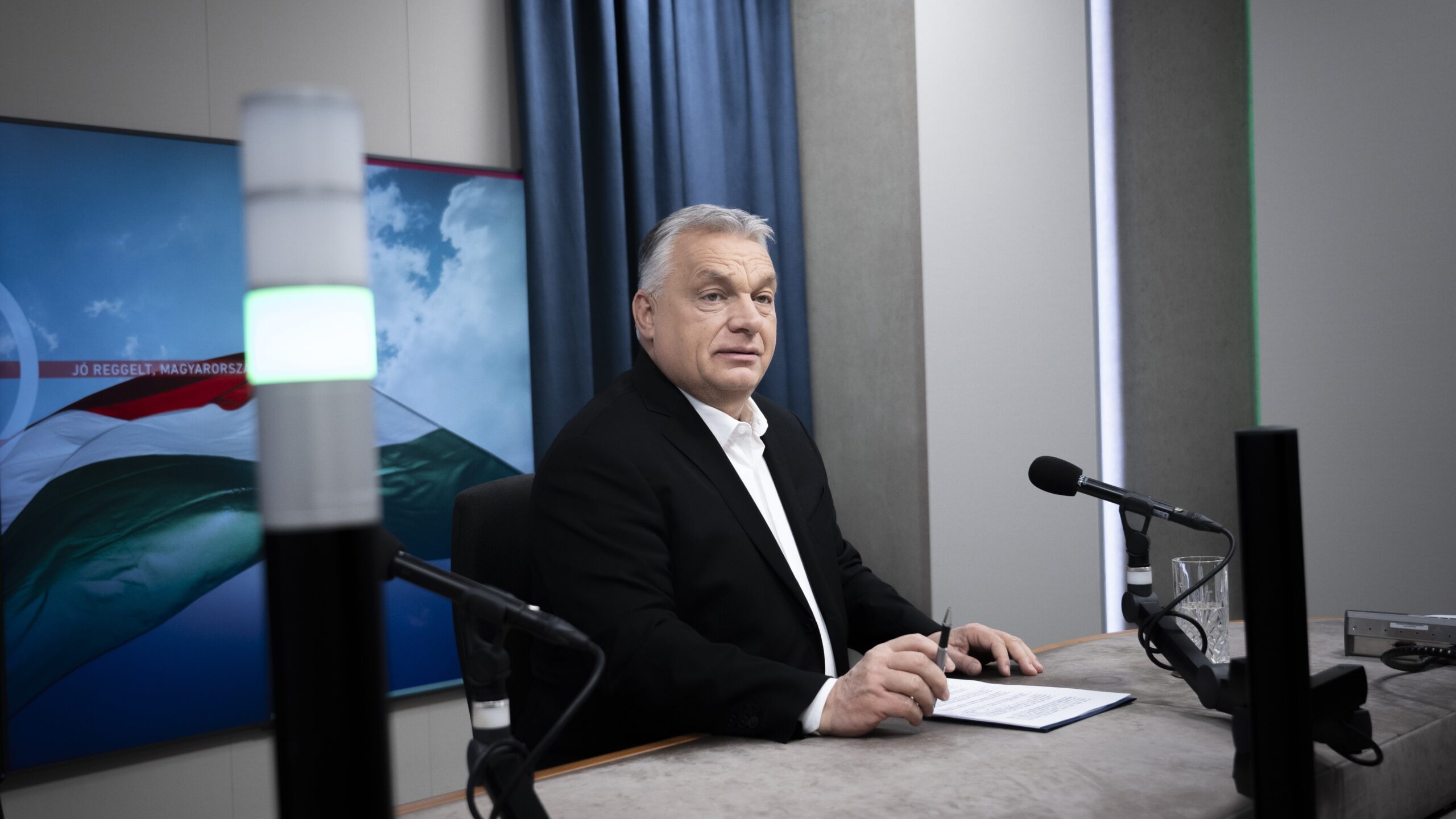Hungarian Prime Minister Viktor Orbán stated that Hungary had built its strategic vision on the expectation that a future US president would prioritize peace over prolonged conflict. In an interview on public Kossuth Radio, he noted that negotiations had begun between Donald Trump and Vladimir Putin, increasing the likelihood of a resolution to the war in Ukraine.
‘Until now, only Hungary and the Vatican stood for peace, but now the United States has joined, and that is a significant shift,’ Orbán remarked. He suggested that Western policies are undergoing a fundamental transformation, one that could redefine values across the Western world.
According to Orbán, the West had previously dismissed the pursuit of peace as morally inferior, but that perception is now changing. He argued that the same re-evaluation is occurring on other key issues. Defending national borders against migration is being recognized as the correct policy; environmental policies must not undermine economic stability; gender debates should respect the traditional view of men and women; the conventional family model remains valid and should not be considered outdated; Christianity, often ridiculed in the past, is now being affirmed by leaders like Trump.
Orbán believes this ideological shift could have a profound impact on Europe as well. If Trump succeeds in securing peace, Orbán envisions Russia being reintegrated into the global economy, as well as into Europe‘s security and energy systems. This, he argued, would create ‘a massive opportunity’ for Hungary. ‘We stand to gain a great deal from peace,’ Orbán stressed, adding that geopolitical negotiations are driven by power and national interests. He warned that countries that fail to assert their interests will not be given a seat at the table. While Europe has largely supported the war, Orbán questioned why it would be included in post-war negotiations. Hungary, however, he assured, ‘will be present everywhere our national interests are at stake.’
Discussing the recent terrorist attack in Munich, Orbán reiterated Hungary’s longstanding warnings against unchecked migration, arguing that German leadership had ignored these concerns. Over the past nine years, he stated, nine million migrants had entered Europe—aligning with George Soros’s plan to accept one million migrants annually. He emphasized that strict migration policies remain in Hungary’s best interest, even if that means paying fines to the EU rather than allowing large-scale immigration. He also pointed out that German public opinion favours stricter migration policies, which, he argued, exposes a flaw in the democratic system: ‘If political elites and citizens hold fundamentally different views, democracy cannot function properly. Eventually, leadership must align with the people’s will.’
Orbán predicted that Germany‘s political system will be forced to adjust, elevating leaders who prioritize national interests—such as Alice Weidel’s Alternative for Germany (AfD). He suggested that if AfD’s policies were implemented, Hungary would benefit significantly.
On economic matters, Orbán identified the current crisis as Europe’s greatest challenge. He warned that if Germany and France fail to adapt, the European Union itself could disintegrate. While he reaffirmed Hungary’s commitment to EU membership, he insisted that the bloc must undergo significant reforms to survive.
He cited economist Mario Draghi’s warning that unless the EU acts swiftly, it will collapse. ‘Europe is fighting for its survival,’ Orbán warned, suggesting that the world’s economic future is being written in Asia and the Middle East rather than in Europe. If Trump’s policies succeed, he added, the US could also re-emerge as an economic force. To secure Hungary’s economic future, he stressed the need to establish stronger trade relations with rising global markets outside Europe. Despite economic turbulence, Orbán reassured Hungarians that pension and energy support policies would remain in place. He criticized both Brussels and Hungary’s left-wing opposition for attempting to cut the 13th-month pension, vowing that his government would resist such efforts.
On energy policy, he warned that the EU’s push for energy market liberalization could double household utility bills in Hungary. ‘We must protect families from Brussels’ attempts to raise energy costs,’ he declared.
Orbán concluded by reaffirming Hungary’s commitment to a self-sufficient and independent economic strategy, one that balances EU integration with broader global partnerships.
Related articles:








